Emerging Markets Monitor - July 1
Global Markets 1H Rout, Biden to Push GCC to Raise Oil Production, IMF and Sri Lanka Deal, Green Hydrogen and Mauritania, Japan's Kirin Beer Pulls Plug on Myanmar
The Top 5 Stories Shaping Emerging Markets from Global Media - July 1
Global Markets Post Worst Half Year Results in Decades
Wall Street Journal
“Global markets closed out their most bruising first half of a year in decades, leaving investors bracing for the prospect of further losses.”
“Accelerating inflation and rising interest rates fueled a monthslong rout that left few markets unscathed. The S&P 500 fell 21% through Thursday, suffering its worst first half of a year since 1970, according to Dow Jones Market Data. Investment-grade bonds, as measured by the iShares Core U.S. Aggregate Bond exchange-traded fund, lost 11%—posting their worst start to a year in history. The blue-chip Dow Jones Industrial Average lost 15%.”
“Stocks and bonds in emerging markets tumbled, hurt by slowing growth. And cryptocurrencies came crashing down, saddling individual investors and hedge funds alike with steep losses.”
“About the only thing that rose in the first half was commodities prices. Oil prices surged above $100 a barrel, and U.S. gas prices hit records after the Russia-Ukraine war upended imports from Russia, the world’s third-largest oil producer.”
“Now, investors seem to be in agreement about only one thing: More volatility is ahead. That is because central banks from the U.S. to India and New Zealand plan to keep raising interest rates to try to rein in inflation. The moves will likely slow down growth, potentially tipping economies into recession and generating further tumult across markets.”
“‘That’s the biggest risk right now—inflation and the Fed,’ said Katie Nixon, chief investment officer for Northern Trust Wealth Management. Ms. Nixon said she would be keeping a close eye on economic data to gauge how much rising interest rates are weighing on growth over the next few months.” WSJ reports.
Biden to Ask Gulf Alliance to Boost Oil Production
Bloomberg
“Joe Biden’s July trip to the Middle East is poised to be a significant moment for gasoline prices, with the US president setting his sights on a promise of higher production from Gulf allies.”
“The stakes are high for the oil market because Saudi Arabia and the United Arab Emirates are the only countries with significant spare capacity to pump crude. Without a pledge from the two OPEC members to boost production, the president would lose a powerful tool for alleviating the economic and political pain caused by high fuel prices.”
“‘…All the Gulf states are meeting. I have indicated to them that I thought they should be increasing production,’ Biden said Thursday at a news conference in Madrid following a NATO summit. ‘I hope we see them, in their own interest, concluding that makes sense to do.’”
“Even if Saudi Arabia and the UAE are willing to assist the US, just how much extra oil the two countries could provide has been questioned by this week by Shell Plc Chief Executive Ben van Beurden and French President Emmanuel Macron. While official data indicates the duo have almost 3 million barrels a day of spare production capacity, deploying this would require them to pump at levels rarely sustained before, if ever.”
“…Separately on Thursday, the Organization of Petroleum Exporting Countries and its allies ratified their plan to boost oil production by a further 648,000 barrels a day in August, completing the return of supplies halted during the pandemic. The group, which is led by Saudi Arabia, deferred discussions about its next move for another day, with the next meeting scheduled for Aug. 3.” Jordan Fabian reports.
From the Investor Research Note Desk
China Reopening Will Support ‘Catch-up’ in Trade Numbers
The latest Allianz SE Economic and Market Outlook, entitled “Running Up a Hill.”
Global growth is entering a soft patch this year as uncertainty due to geopolitical risks remains high. We expect global GDP growth at +2.9% this year and +2.5% in 2023, down by -0.4pp and -0.3pp compared to our last forecast in March. The revision is due to the larger direct and indirect impacts from the war in Ukraine and the longer-than-expected lockdowns in China, which will reduce output by -1.2pp and -0.6pp in 2022 and 2023, respectively. Global trade has most probably contracted in Q2 (-1.3% q/q). The Chinese reopening will support some catch-up effects for trade, and therefore global GDP growth, going into the summer, but we expect a rather timid recovery. We now forecast global trade to grow by +3.5% in 2022 and +3.6% in 2023 in volume terms, much below consensus. In value terms, the strength of the dollar coupled with high inflation in 2022 will push nominal growth to +10.4% before it slows to +4.2% in 2023.
For the full report, go here.
IMF Urges Bankrupt Sri Lanka to Tackle Corruption and Raise Taxes
Kuwait Times
“Sri Lanka should stamp out corruption and substantially raise taxes to rescue its economy, the International Monetary Fund said Thursday after bailout talks with the bankrupt island nation. Representatives from the global lender of last resort have just concluded a 10-day visit to the capital Colombo to map out a resolution to the South Asian country’s unprecedented economic crisis.”
“Their meetings follow months of lengthy blackouts and days-long queues for petrol as a financial crunch leaves Sri Lanka without the funds to meet its energy needs. But the IMF said more work was needed to set the nation’s finances right and repair its runaway fiscal deficit before a deal could be struck on a funding arrangement to address its balance of payments crisis.”
“Sri Lanka needed to ‘reduce corruption vulnerabilities’, contain spiraling inflation and bring an end to costly energy subsidies that had long been a drain on the government budget without hurting more vulnerable citizens, the statement added.”
“…Sri Lanka has already reversed drastic 2019 tax cuts introduced by President Gotabaya Rajapaksa which have been blamed for precipitating the economic crisis. It has also scaled back energy subsidies, with the cost of fuel rising by up to 400 percent this year, and in April the government defaulted on its $51 billion foreign debt.” Kuwait Times/AFP report.
Green Hydrogen Puts Mauritania on the Map
FDI Intelligence
“One of the least visited countries in the world, Mauritania is being thrust into the spotlight through various green hydrogen project announcements.”
“The biggest of these is Australian CWP Global’s Aman project which aims to produce green hydrogen through a 30-gigawatt (GW) wind and solar hybrid project worth $40bn. On May 24, the Mauritanian government signed a framework agreement with CWP Global following a memorandum of understanding (MoU) last year.”
“But the scale of the endeavour, which dwarfs the country’s whole economy by a factor of five, combined with Mauritania’s chronic water scarcity, has raised eyebrows. ‘It’s so disproportionately large in comparison to the country’s gross domestic product (GDP) and the existing energy sector,’ says Ben Attia, principal research analyst at Wood Mackenzie.”
“A 2021 report from consultancy Rystad said that the majority of green hydrogen projects have appeared in water-stressed regions, prompting the need for more renewable energy capacity and higher costs to run these desalination plants, which effectively ‘clean’ and prepare sea water for use in hydrogen production.”
“Situated in the coastal regions of Dakhlet Nouadhibou and Inchiri, CWP Global aims to produce 1.7 million tonnes of green hydrogen for local use and export, to power steelmaking and produce ammonia to make fertiliser.”
FDI Intelligence reports.
Japanese Drinks Giant Kirin Withdraws from Lucrative Myanmar Beer Operations
Japan Times
“Japanese drinks giant Kirin Holdings Co. said Thursday it has agreed to a buyout of its shares in a Myanmar joint venture with a junta-linked conglomerate, completing its exit from the market over the 2021 coup.”
“Days after the putsch in February 2021, Kirin announced it would end its joint venture Myanmar Brewery with the junta-linked MEHPCL, saying it was ‘deeply concerned by the recent actions of the military in Myanmar.’”
“But it struggled to disentangle itself from the secretive conglomerate and contested a bid by MEHPCL to dissolve the joint venture as it feared liquidation proceedings would not be fair.”
“…According to figures published by Kirin in 2018, Myanmar Brewery — whose beverages include the ubiquitous Myanmar Beer brand — boasted a market share of nearly 80%.”
“But Kirin had been under pressure even before the coup over its ties to the military, and launched an investigation after rights groups called for transparency into whether money from its joint venture had funded rights abuses.” Nikkei Asia reports.
“When you see only problems, you’re not seeing clearly.” Phil Knight, Fonder, Nike

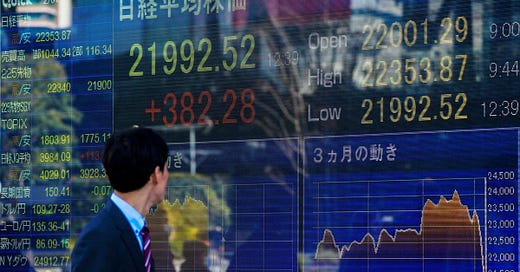


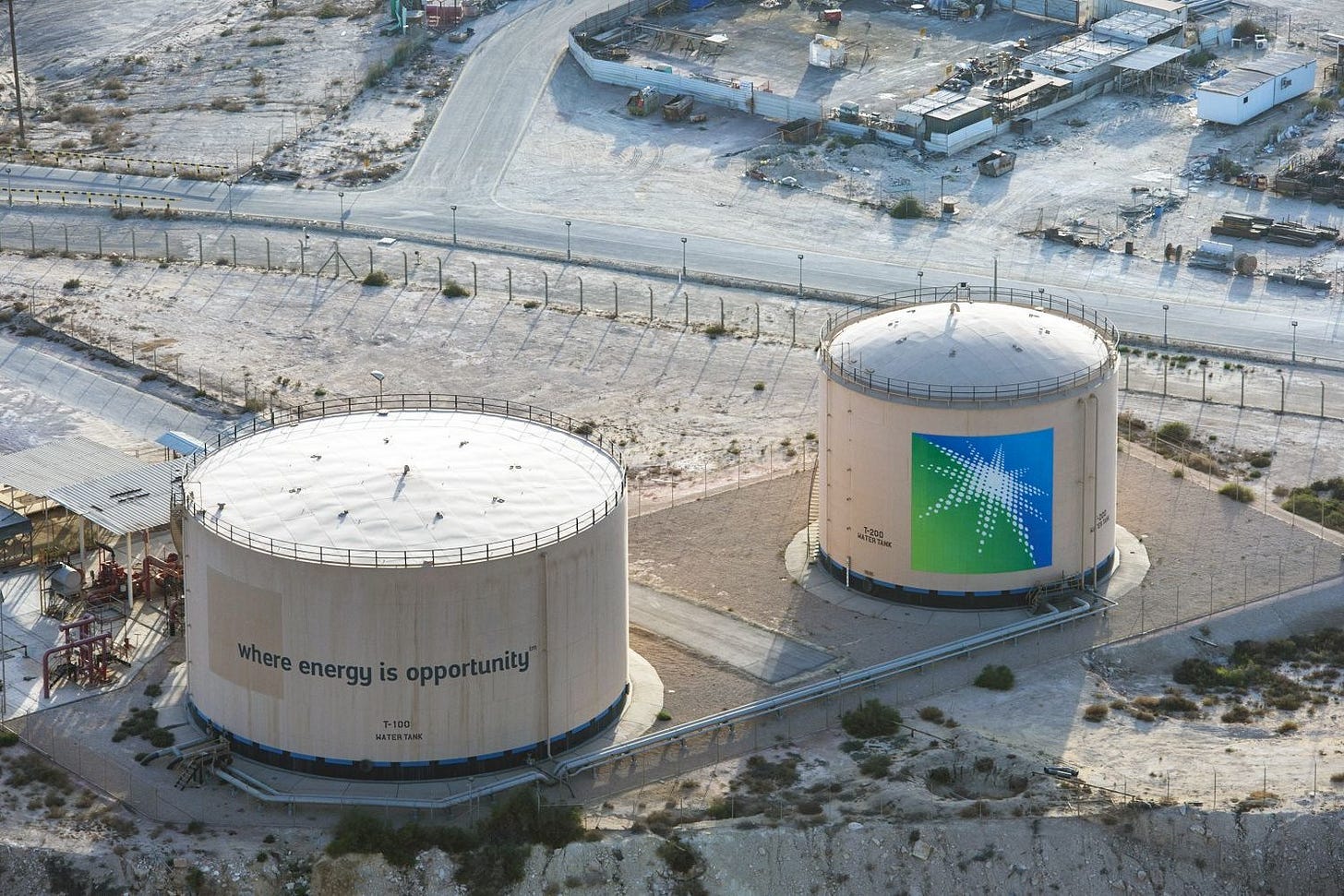

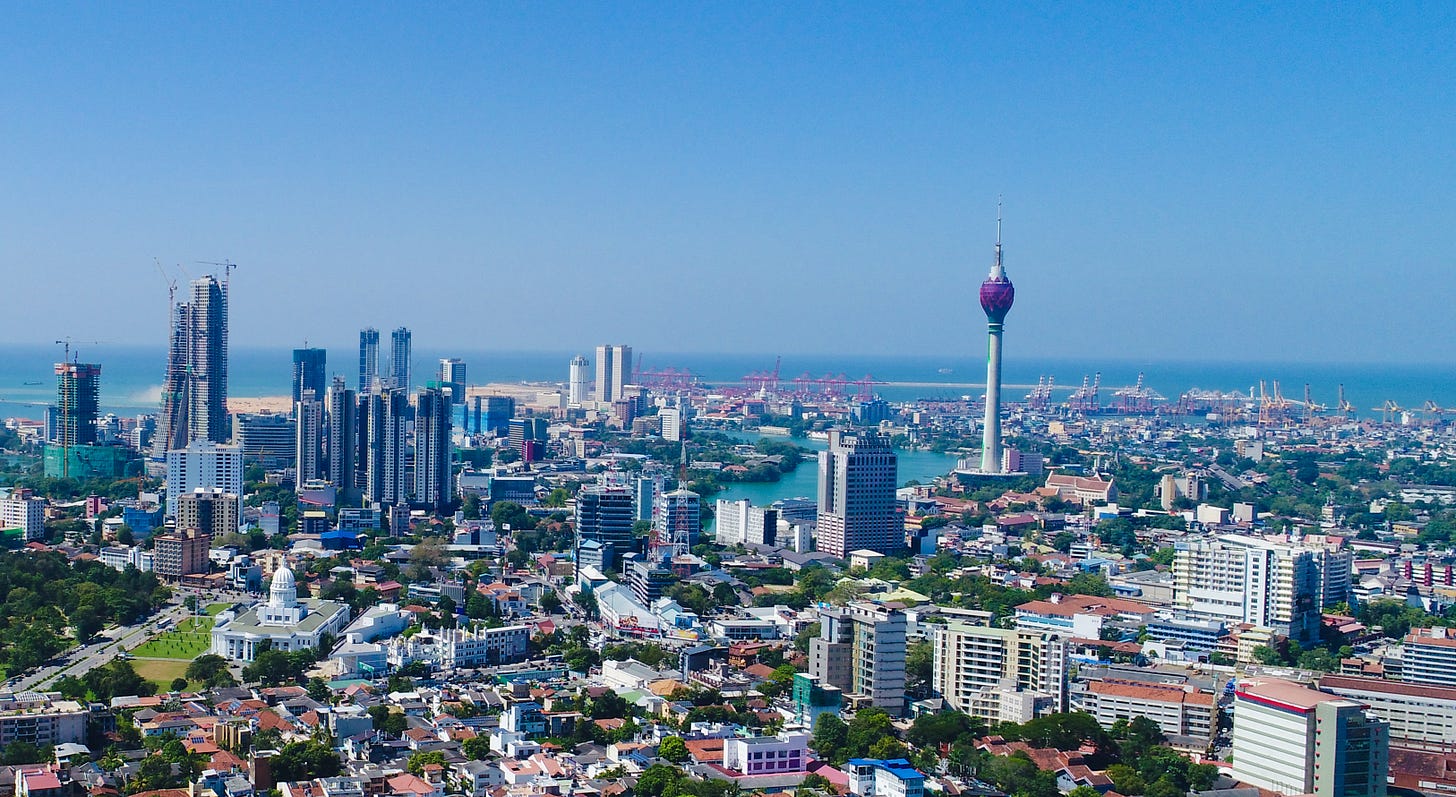
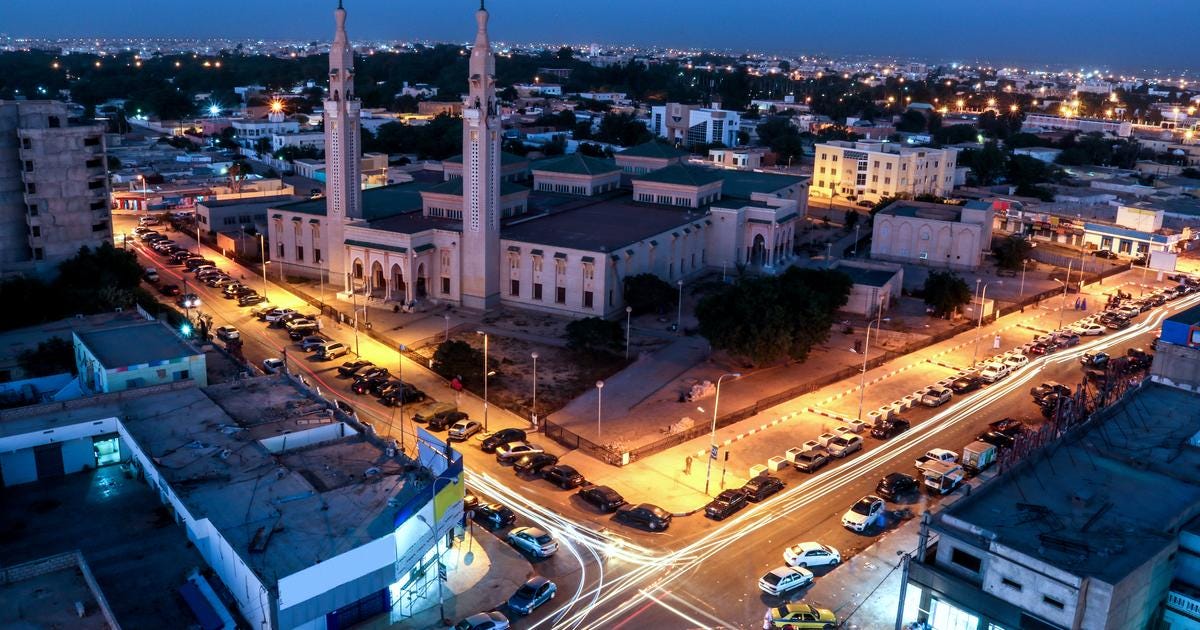
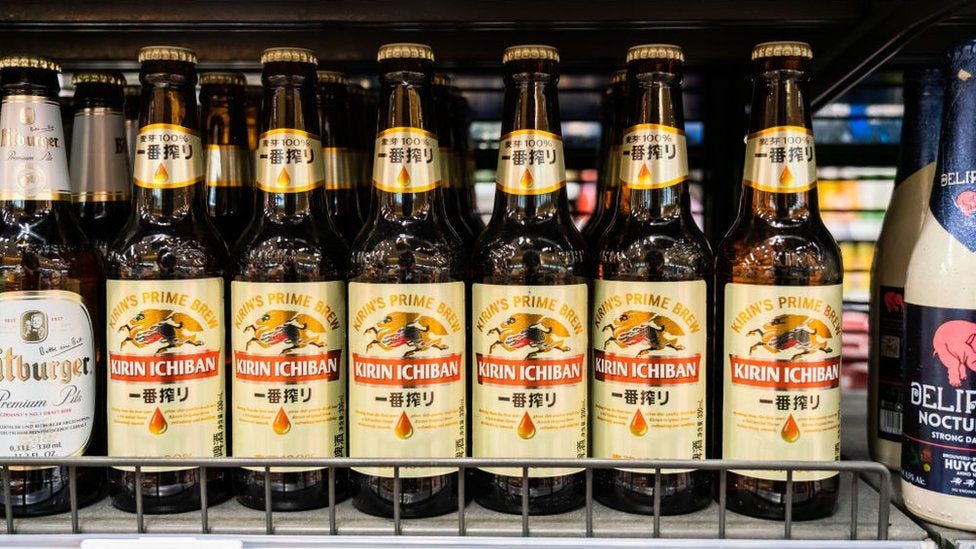
would be great to see a post somewhere on companies like kirin pro-actively departing authoritarian regimes while assets still have some value. there is an ETF called the 'freedom index' FRDM that weights companies based on amount of activity in countries with the most individual and economic freedom.